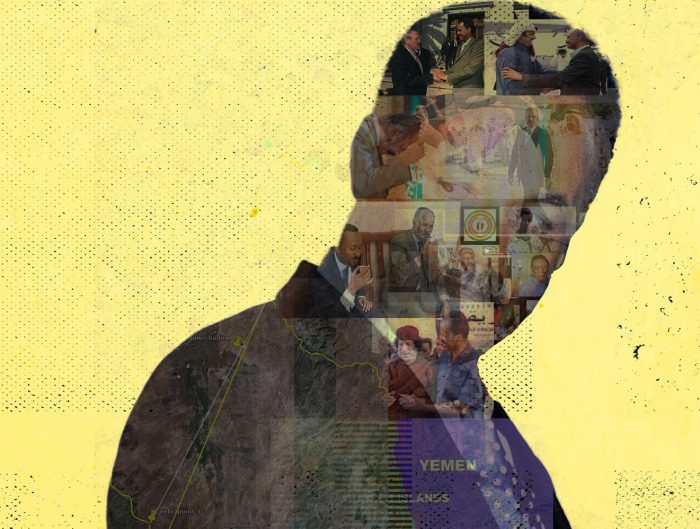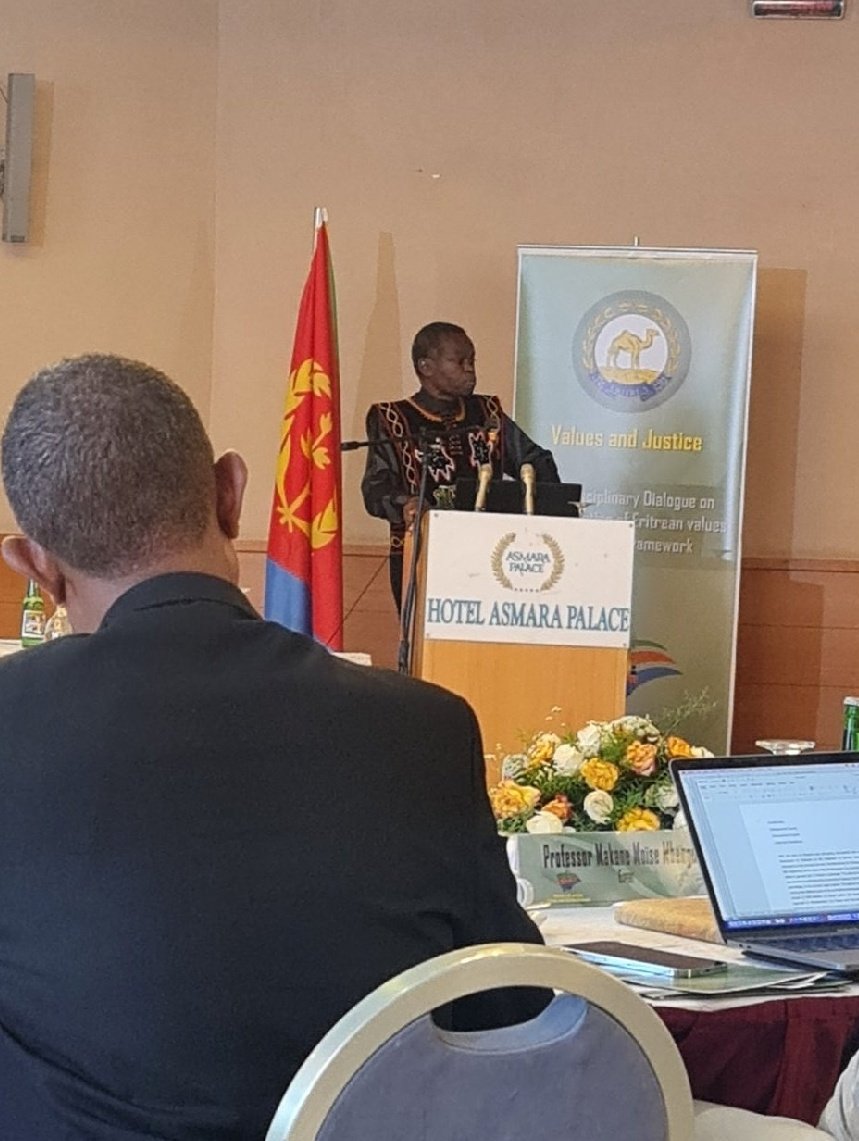On Tuesday, June 5, 2018, the Executive Committee of the Ethiopian People’s Revolutionary Democratic Front (EPRDF) issued a formal statement that says Ethiopia will fully honour the Algiers Agreement and the decision of the Boundary Commission. The statement was previewed by the Ethiopian Prime Minister’s Chief of Staff in a tweet the same day:
#Ethiopia & #Eritrea have the most unique cultural, historical & blood ties.The suffering on both sides is unspeakable because the peace process is deadlocked.This must change for the sake of our common good.Our gov’t is expected to take a new initiative to address the stalemate.
— Fitsum Arega (@fitsumaregaa) June 5, 2018
The next day, speaking at the 4th conference of the national anti-corruption coalition on Wednesday, Prime Minister Abiy Ahmed explained that direct military confrontation and the ‘no peace no war’ stalemate have been costing both countries heavily and his administration intends to change this by complying with the decision of the boundary commission in order to normalise relations with Eritrea. The announcement has produced an explosion of hope and expectation among both Ethiopians and Eritreans. There have been also those who refused to join the chorus: Eritreans who cast aspersions on the announcement as another ‘Weyane Public Relations gimmick’ and Ethiopians – mostly Tigrayans – who think the decision does not consider the wish of the Tigrayan people on the issue. The most ironic thing is that some die-hard PFDJ supporters and Tigrayan nationalists seem to have found after very long time, for different reasons of course, the same cause to agree on. The most telling example of this is Elias Amare – a noted PFDJ apologist – and Fetsum Berhane Dire – an editor with Horn Affairs and apparently sympathetic to the TPLF-dominated EPRDF – describing the announcement as a distraction from the just-released announcement of privatization of vital Ethiopian assets by the Ethiopian government.
To the surprise of nobody, the Eritrean government has not made any official pronouncements about the Ethiopian announcement. In lieu of an official response, the Minister of Information, Yemane Ghebremeskel, responded to a question on twitter saying “it’s been 16 years since Eritrea has unequivocally accepted the Algiers agreement and the decision of the boundary commission.” It is a legitimate response, albeit one made in the attics of twitter in reply to a twitter passer-by.
To be fair, Eritrea does not have much to do apropos the adherence to the terms of the Algiers agreement and the decision of the boundary commission. On many occasions, its officials have made the point that relations with Ethiopia would be restored if Ethiopia acted in accordance with the decisions of the boundary commission. Therefore, when people speak about how the ball is now in Eritrea’s court, they need to be specific what they mean by that. So far, the Ethiopian government has only expressed intent and we should not jump our guns and suspend all our political disbelief.
That caveat out of the way, however, diplomatic decorum and statesmanship calls upon the Eritrean government to officially respond to the Ethiopian overtures along the lines that ‘Eritrea welcomes the announcement as the right first step in the right direction and reiterates its long-held commitment to restore relations once the decision of the boundary commission is respected to the letter.’ (Also, it would not cost Asmara a thing to add one or two lines congratulating the new Ethiopian prime minister on his assumption of office).
It is clear that things are not the same in Ethiopia as they were before. The political scale is unmistakably tipped towards the reformist elements within the ruling party. The TPLF old guards are out and new political players are in. Few are now those extreme voices who wax aggressively irredentist towards Eritrea. No one except marginal groups seem to buy the Ethiopia-is-too-strong-to-abide-by-international-law and too-big-a-country-to-be-landlocked realpolitik mot d’ordre. Almost all respectable Ethiopian activists and commentators have expressed their support of the Ethiopian government’s statement. To paraphrase Mao, everything under the Ethiopian heavens is in flux; the situation is excellent. Failing to take cognizance of this and proactively engage it – as President Isaias intimated in his Independence Day speech – would be extremely reckless and will definitely embolden those elements who do not want to see the border issue resolved in accordance with the decision of the boundary commission.
The border issue has been an albatross hung around the neck of the Eritrean body-politic for the last twenty years. Utterly failing to capitalise on the legal and moral high ground the Algiers agreement and the decision of the boundary commission afforded it to wage effective diplomatic campaign, and exhausting itself trying to force Ethiopia’s hand through proxy wars and support for myriad Ethiopian political opposition forces, the PFDJ government has resigned itself to a comatose-like state for many years. The border issue has become an ersatz of politics-proper; consumed the entire economic, social and cultural resource of the country; channelled all the political libido into its narrow vortex; foreclosed constitutional patriotism and made crass jingoism as the only legitimate expression of love to the country and the people. Using the issue as a pretext, the PFDJ has put in place extensive bio-political regime of control, subordination and appropriation of labour. It has militarized and securitized society, and turned the country into a carceral state. The issue has become its favorite rationale for suspending civil and political rights, and freedoms of expression, belief and assembly. In a convoluted logic, the ‘no war no peace’ situation is blamed for arbitrary and unlawful disappearance of political dissidents.
I was a fifth grader when the war started. I spent my entire adolescence and about ten years of my adult life under its shadows. I saw all of my immediate and distant family members mobilised to the war fronts. Tragically, some of them did not come back and some are still in the trenches and others fled the country like the rest of the nearly half a million Eritrean refugees and asylum seekers scattered around the world. Every Eritrean is affected by the situation in one way or the other. It is thus incumbent on everyone to retire the empty ‘patriotic’ exhibitionism and call on the Eritrean government to proactively engage with putatively new political momentum in Ethiopia.





2 Comments
I commend your superb analysis ..distilling twenty years ofsenseless political rivalry , machination,carnage is no easy feat.
I commend your superb analysis ..distilling twenty years ofsenseless political rivalry , machination,carnage is no easy feat.